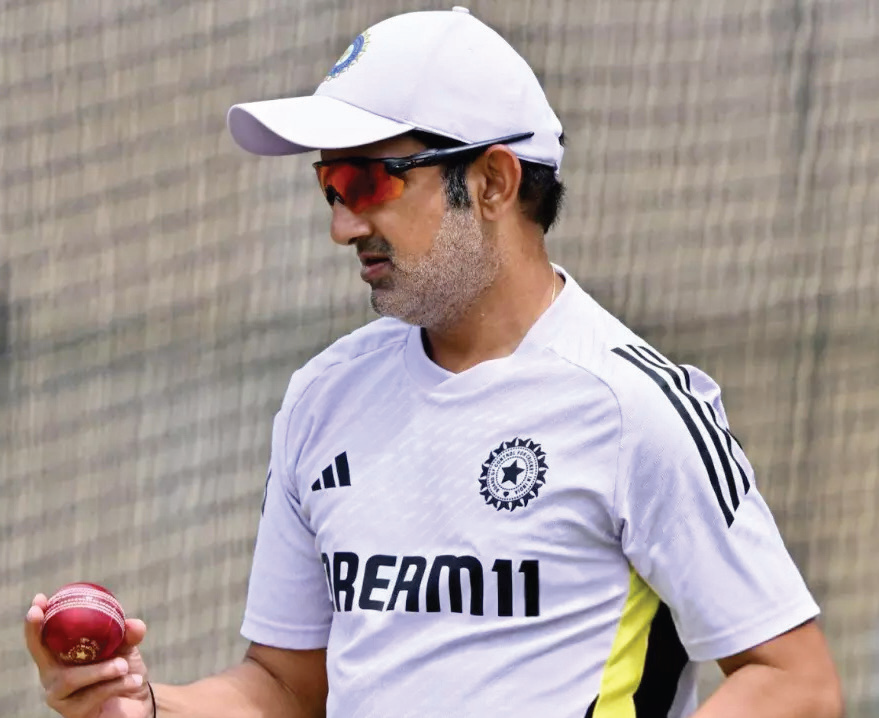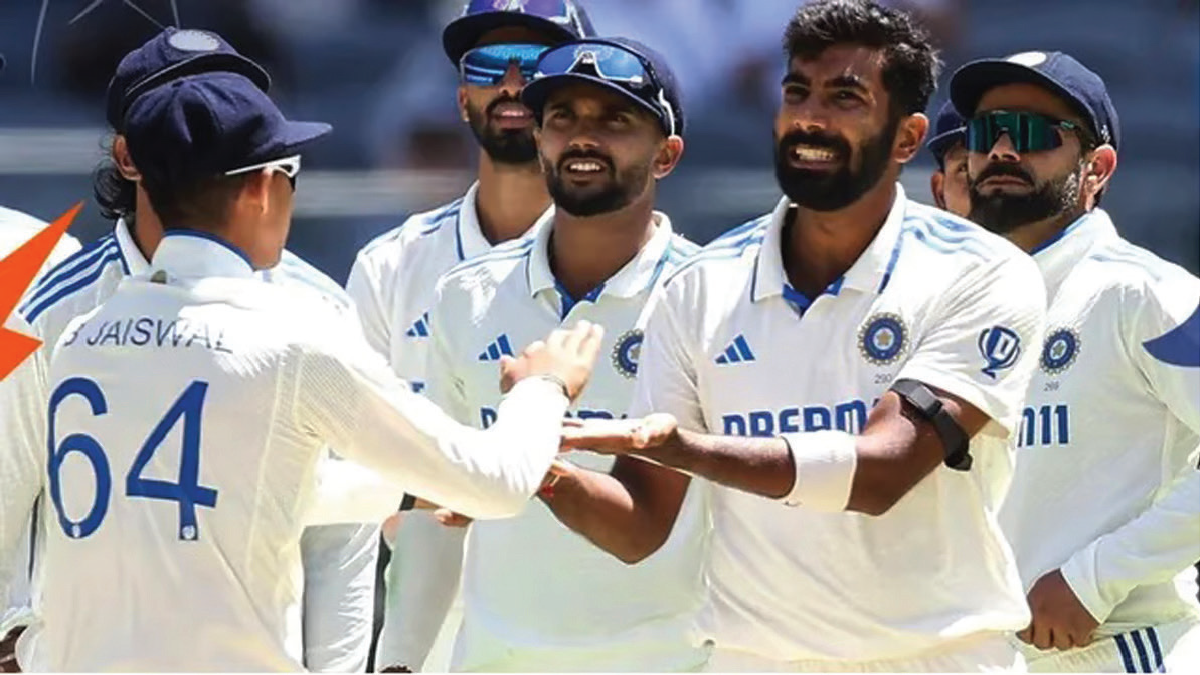
Valieva dominates the ice despite doping scandal
Kamila Valieva has topped the leaderboard at the end of the short program in women’s individual single skating. The 15-year-old Russian at the center of the latest Olympic doping controversy is primed to succeed in her pursuit of another gold medal.
Her score of 82.16 points put her in first place in the field of 30. Twenty-five skaters are moving on to Thursday’s free skate round. Valieva’s fellow Russian Anna Shcherbakova was in second, and Japan’s Kaori Sakamoto edged out another Russian for third.
It would have been 24, but the qualification rule was changed to advance one more person if Valieva made it to the next round.
Valieva tested positive in December for a banned heart medication, though the result only emerged last week, after her two brilliant performances in the team competition helped win gold for the Russian team.
What is the drug?
Trimetazidine is a metabolic agent that can help prevent angina attacks if used as an “add-on treatment,” according to the European Medicines Agency.
It can increase blood flow efficiency and improve endurance — both crucial to any high-end athletic performance.
Does it work?
The drug shows a small improvement in exercise tolerance for older patients who already have severe heart disease, doctors in Russia say.
Age is a factor
Valieva’s age can give her exemptions and leniency as a “protected person” in the World Anti-Doping Code.
An investigation of “athlete support personnel” is mandatory when a protected athlete is implicated in a doping case.If doping is proven, a 15-year-old athlete like Valieva faces a maximum two-year ban instead of four. The minimum sanction is no ban and a reprimand “depending on the protected ... athlete’s degree of fault.
Previous doping cases
The most famous case of trimetazidine in sports doping involved Chinese swimmer Sun Yang. The three-time Olympic champion served a threemonth ban in 2014 in a ruling that was published by China’s anti-doping agency only when it was over.
 English daily published in Bengaluru & Doha
English daily published in Bengaluru & Doha






